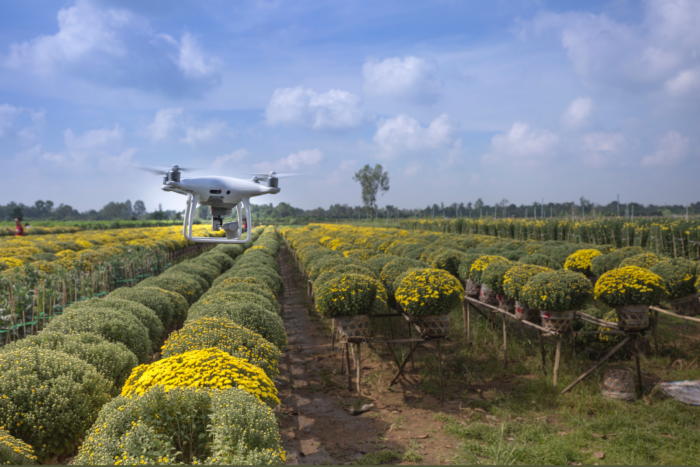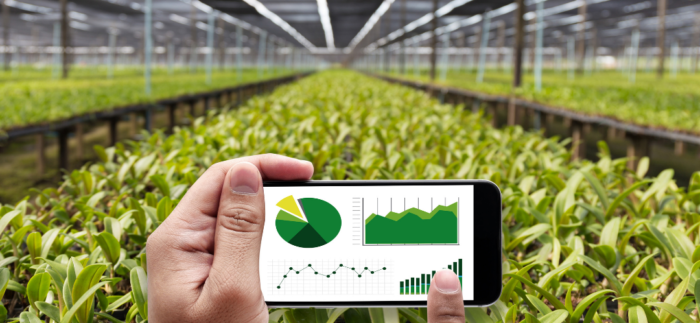Everyone, even from school age knows a little about agriculture. Agriculture is what feeds and sustains us. It is actually, the ‘bread basket’ to many economies around the world and far too big a sector for the tech companies that we work with to ignore. There are many benefits from technology in the agri sector, from robots being able to pick fruit at their prime ripeness and soil data analysis giving farmers the tools they need to increase their yield. This cannot be underestimated because there are many types of data to be processed and assessed across many forms and verticals such as city farming. So, with that in mind, let’s take a look at what we need to look out for in agri-tech in the future:
Technological Innovation:
The use of data-driven growing systems can improve the performance of cultivation. What’s more, they can be monitored more precisely by the implementation of Big Data combined with algorithms. These two are becoming more and more relevant and give growers and farmers better insights into the expected quality and quantity of their yield. Digital cultivation is the future of innovations in the greenhouse horticulture sector and goes beyond the mere construction of a greenhouse: by offering support in cultivation and business management. This allows suppliers of greenhouses to provide important guarantees on cultivation performance.
Robotics:
Robots are being developed that can treat crops in ways that do not require pesticides. This means that a machine can remove weeds without having to spray pesticides. Some innovations allow a picking robot to differentiate between fruits that are ready to be taken and those which are not which provides great energy-saving and are therefore kinder to the environment.
Drones are also becoming increasingly popular and for good reasons. Drones can be used to map out a field giving insights on its characteristics and information on things like irrigation. With this information, farmers can see which areas of a field need more irrigation and which need less, saving time, labor, money, and perhaps most importantly of all, water.
All of these things are of great benefit to farmers, by allowing them to focus on and improve their cultivation.
Invention:
Necessity is always the mother of invention and this holds true particularly in countries where resources are scarce. This is very evident in hot countries, where agri-tech companies are heavily invested in the likes of irrigation. Of course, it doesn’t end there and countries with intemperate climates are ripe for investment in things such as data analytics and machine learning technologies.
What does the future hold for agri-tech and food?
With the world population increasing exponentially, we obviously have more mouths to feed but this is only part of the problem. The issue is exacerbated by first-world food wastage and unsustainable farming practices that already threaten a vulnerable environment. Hope lies in agri-tech.
In terms of primary production, agri-tech is the key. It is also obvious though that the whole supply chain needs to be looked at and how can we use tech to improve that? The first thing to think about is sustainability and the environment. Every solution that comes up must satisfy those parameters to be commercially acceptable and successful. Don’t forget as well that many governments are moving to net-zero targets and the restrictions placed upon what you can and cannot do may force you in a different direction.
On top of that, these innovations will also give growers the ability to grow as a company and to manage more hectares with the same amount of resources and because of this, reduce costs. It is very clear though that not every tech solution needs to work in the soil. There is massive opportunity across the sector and those are not all related to production. With every innovation, the future of agri-tech looks brighter and brighter.
If you’d like to find out more about how we could help you sell your agri-tech solution in new markets, please get in touch. We’re always happy to jump on a call.
Read also: Why should scale-ups outsource international sales?



